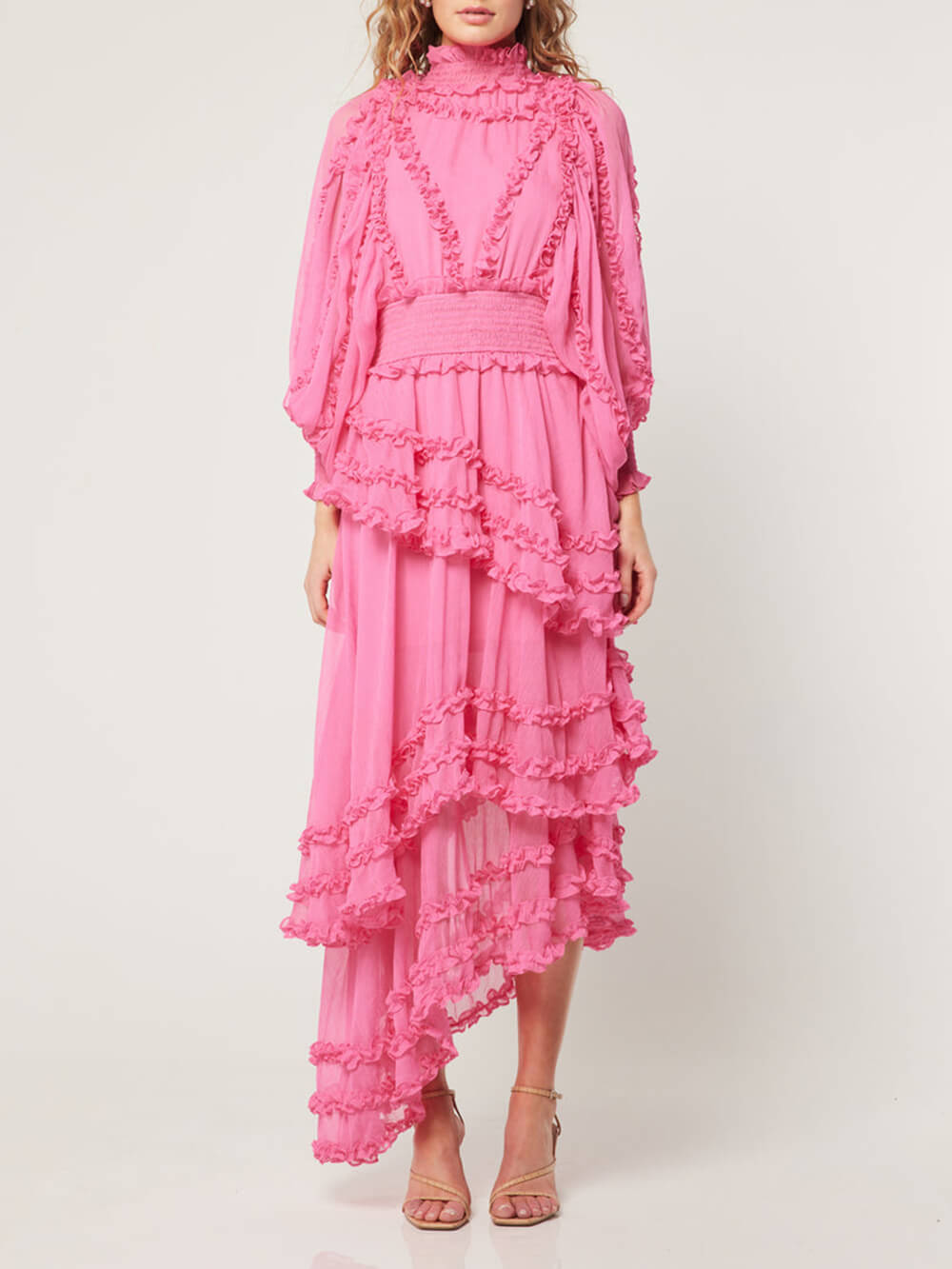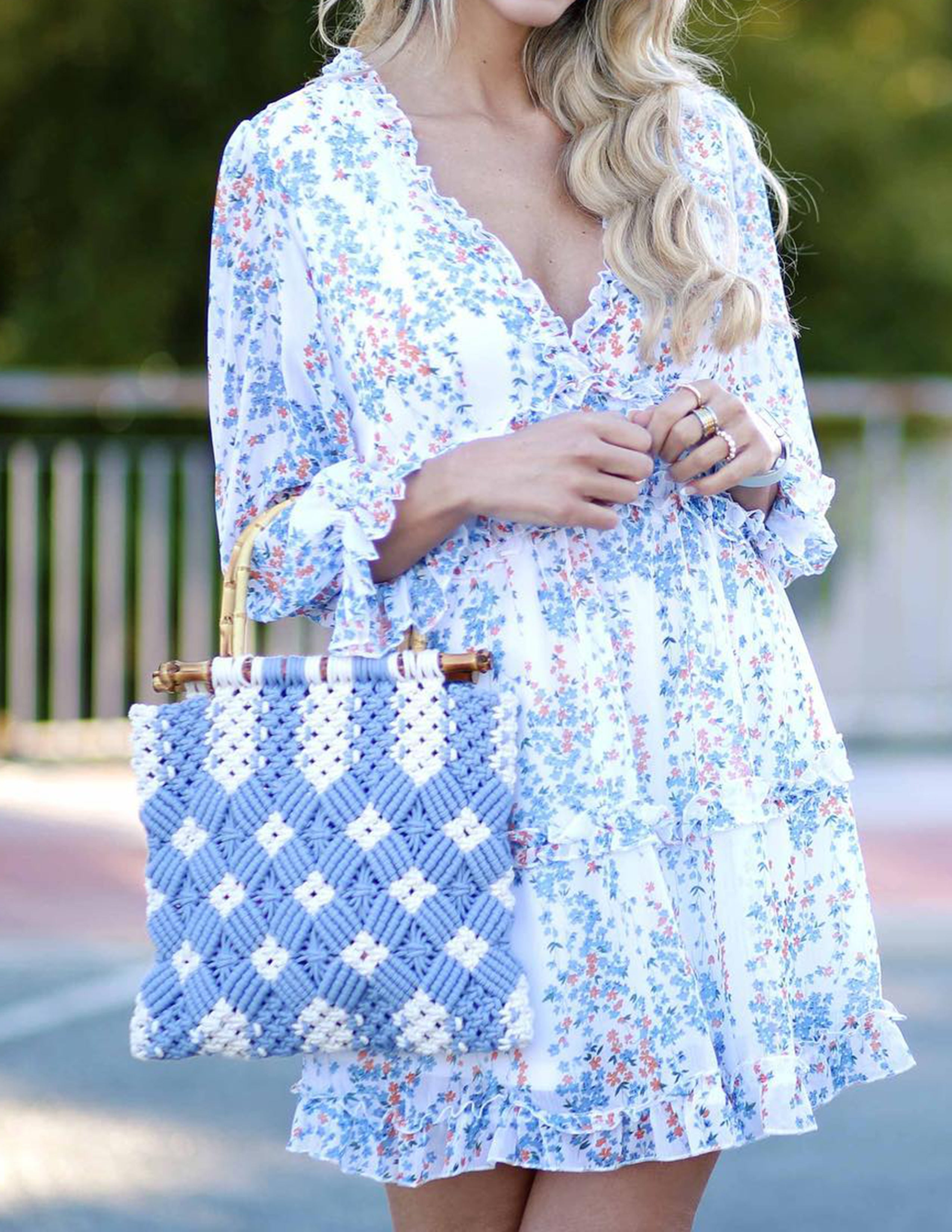SUSTAINABILITY
The linchpin of our operations is our conscientious supply chain. We insist that each of our suppliers and manufacturing facilities strictly abide by Likemuse Zero Tolerance Policy, addressing the following imperatives:
- Upholding EQUALITY, RESPECT, AND DIGNITY
- Ensuring HEALTH & SAFETY measures
- Protecting the ENVIRONMENT
- Ethically SOURCING AND PROCESSING RAW MATERIALS
- Abolishing MODERN SLAVERY
- Eradicating CHILD LABOUR
- Safeguarding FREEDOM OF ASSOCIATION
- Guaranteeing FAIR WAGES
Our monitoring mechanisms include routine factory inspections and monthly site visits. Furthermore, we mandate that our manufacturing units align with top-tier industry benchmarks and validate their compliance with our rigorous standards. Through ethical procurement, we assure our patrons of products birthed in a secure, just and sustainable environment.

LikeMuse is committed to incorporating the most eco-friendly materials across the entirety of our supply chain, from the fields to the manufacturing facilities. We continually invest in innovative fabric technologies to effectively minimize our environmental footprint. While we have a preference for natural fibers, we do incorporate recycled synthetics when they offer superior performance or durability benefits.

ORGANIC COTTON CERTIFICATION
Cotton cultivation, on a global scale, consumes more harmful pesticides per acre than any other crop. This harsh chemical use not only depletes soil nutrients but also pollutes our water bodies and puts the health of the cotton growers at risk. In response to this, we're transitioning all our cotton sourcing to certified organic by 2023.
Our Method—Organic certification implies a healthier ecosystem for the farmers, local communities, and the Earth as a whole. Organic farming practices like crop rotation, use of cover crops, and organic fertilizers enrich the soil and promote biodiversity. Traditional pesticides often leach into groundwater, streams, and rivers, posing a threat to human health and wildlife dependent on these water resources. By swapping harmful chemicals for natural alternatives and traditional farming methods, we minimize the exposure of farmers to hazardous substances.
Our Progress—Approximately 60% of the fibers we use are cotton-based. As of June 2021, we have successfully transitioned 45% of our conventional cotton to certified organic qualities across our clothing and footwear materials.
REUSE & REKNIT POLYESTER
So far, we have successfully repurposed over five million plastic bottles and reincorporated half million pounds of textiles and fishing nets into our ReUse clothing line and accessories. The entirely recycled polyester and nylon components offer benefits in terms of lightness and longevity to a broad range of our apparel.
REFLEECE & RECASHMERE
Our allied mills in Turkey gather worn-out cashmere and wool sweaters via recycling initiatives. These garments are then meticulously cleaned and combed to produce new yarns. For additional durability and lifespan, these regenerated yarns are interwoven with a core of fresh fiber.

Were you aware that conventional retailers often have to manufacture four garments to offset the cost of one due to their inability to tailor production to demand? This not only escalates the price of apparel but also exacerbates environmental waste. Here at Likemuse, we adopt a "responsive fashion" approach wherein we produce solely in response to customer needs. Our production strategy is perpetually attuned to customer input and data, resulting in significantly reduced waste compared to traditional fashion brands. This methodology enables us to provide products to our customers more swiftly and sustainably.
Starting from December 2022, all our newly manufactured products are packaged in our eco-friendly, biodegradable bags. We leverage technology that alters regular plastic at a molecular level when it comes into contact with oxygen, thereby transforming it into a biodegradable substance. This modified material can be efficiently decomposed by bacteria and fungi in the natural ecosystem, significantly more rapidly than conventional plastic, making our bags a greener alternative.

 NEW & FEATURED
NEW & FEATURED
 SHOP
SHOP
 HOLIDAY
HOLIDAY
 TRENDING
TRENDING
 DRESSES
DRESSES



 ACCESSORIES
ACCESSORIES
 JEWELRIES
JEWELRIES





